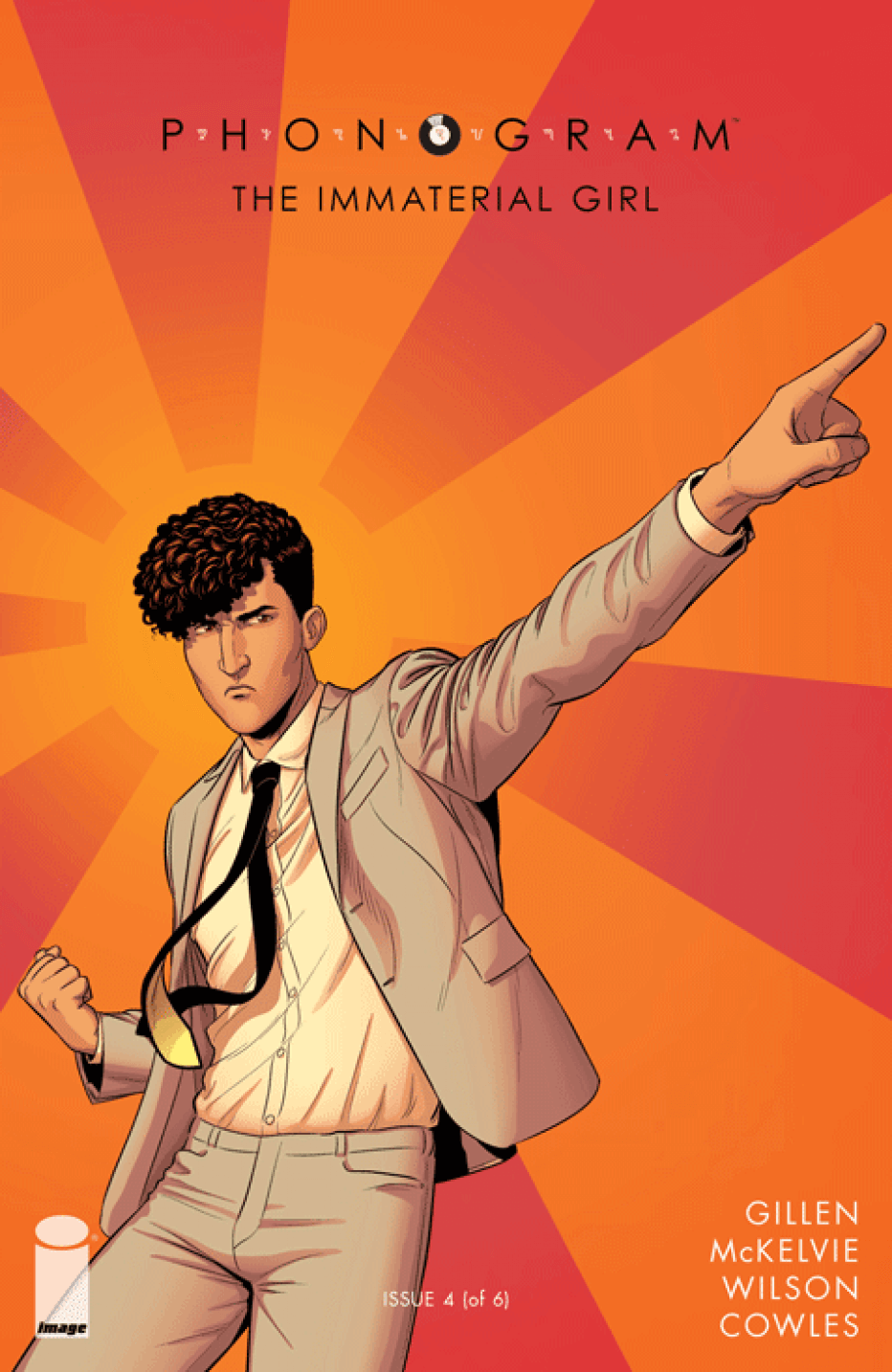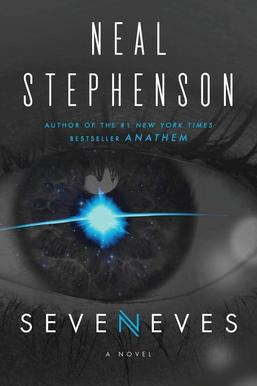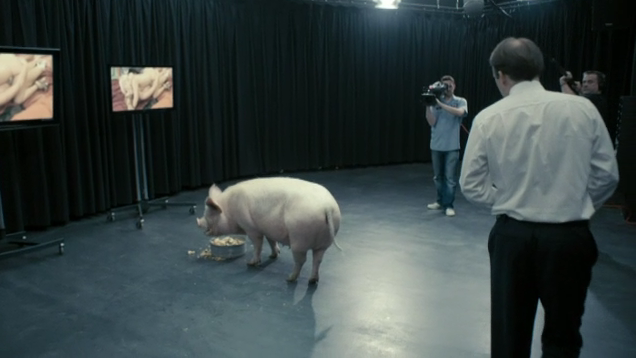Solid Dick 1½, or ‘Did Mary Whitehouse Have a Point?’
 or ‘Young Men Are Dying For It’
or ‘Young Men Are Dying For It’
or ‘Don’t Mention the Chasms’
When I complain about the ideological message of this or that text, am I not tacitly admitting that Mary Whitehouse had a point? After all, isn’t the worry ultimately about the effect it will have?
We know that cultural artifacts influence people enormously. Moreover, most of us (and I definitely include myself in this) get most of our most deeply embedded ideas and assumptions about the world from fictional media rather than non-fiction. The News has a great influence on our ideas about the world… but, as Aristotle said, Tragedy is a great deal more philosophical than History because History treats of what happened whereas Tragedy treats of the kinds of things that happen, or that we think happen. Fiction is largely about representing our ideas about how people work and act in our society, about how they function in the world, and make the world, and interact with it. It is inherently social because to partake of fiction is to interact with all sorts of other people and social processes, and to take away from fiction an understanding of the world which then changes our interactions with it. This is one reason why unjust representations are such a big deal.
Fiction, I would argue, thus has a moral aspect baked into it. News, of course, partakes of all sorts of moral assumptions, and transmits all sorts of moral notions – often unconsciously to both journalist and consumer – but its essential claim is to represent fact, even if this is often spurious. Part of the appeal of fiction is that it bypasses fact and addresses itself to the socially ontological, to our notions of how the world is rather than the specific things which happen in it. Moreover, it directly addresses itself to morality, to our notions of justice and injustice. All fiction does this, whatever its content, because the act of reading or watching fiction is the act of imaginative empathy, of questioning oneself about how one would act if placed in the same position as the characters. (It’s important to note, in passing, that this is a great deal more complex than any platitude about ‘identification’.) This is partly why fiction is a great deal more popular than non-fiction.
Fiction is also crafted to appeal directly at a pre-rational, emotional level which by-passes intellectual judgements, at least as a first move (which is why you can be moved by utter trash). This is why its so immensely pleasurable, and also therefore so incredibly formative and influential. We’re also socialised to learn the art of reading (book or visual narrative) much earlier than we are taught to learn critical thinking or engagement with non-fiction. Stories are, after all, a form of play, and the role of play and games – experimentation ideally without fear of failure – in child socialisation is huge. So yeah, fiction has a terrific influence on how we think, how we view the world, society, other people, etc, on our normative assumptions about it, and on our moral judgements about it.…

 Vader Down #1
Vader Down #1
 So I guess we were right, back in the Tabula Rasa entry, about Locke’s first name being John, an invocation of the historical John Locke. We must be, like, psychic or something.
So I guess we were right, back in the Tabula Rasa entry, about Locke’s first name being John, an invocation of the historical John Locke. We must be, like, psychic or something. As mentioned in the exegesis of Pilot Part 1, the Opening Eye is fraught with symbolism. An awakening, becoming aware of an inner truth, a spiritual revelation. Even a resurrection. But Locke’s eye isn’t meant to be “read” in the same way as Jack’s. Locke’s right eye (or, rather, “eye”) is bifurcated by a scar running vertically down “across” is center. His insight, then is “crossed” with Jack’s.
As mentioned in the exegesis of Pilot Part 1, the Opening Eye is fraught with symbolism. An awakening, becoming aware of an inner truth, a spiritual revelation. Even a resurrection. But Locke’s eye isn’t meant to be “read” in the same way as Jack’s. Locke’s right eye (or, rather, “eye”) is bifurcated by a scar running vertically down “across” is center. His insight, then is “crossed” with Jack’s. This is an essay from my forthcoming collection Guided by the Beauty of Their Weapons: Notes on Science Fiction and Culture in the Year of Angry Dogs, out on December 27th, and
This is an essay from my forthcoming collection Guided by the Beauty of Their Weapons: Notes on Science Fiction and Culture in the Year of Angry Dogs, out on December 27th, and 
.jpg) We’re pleased to announce the release of Pex Lives 27, in which James and Kevin are joined by, and I quote their episode description here, “the very clever and lovely Eliot Chapman to discuss The Invasion.”
We’re pleased to announce the release of Pex Lives 27, in which James and Kevin are joined by, and I quote their episode description here, “the very clever and lovely Eliot Chapman to discuss The Invasion.” This is solidly Gatiss’s best-ever
This is solidly Gatiss’s best-ever  There is a moment in the first episode of
There is a moment in the first episode of